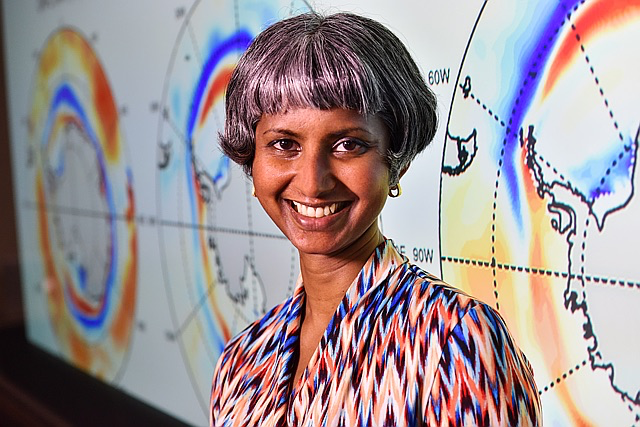Post-Doctoral Position in Coastal Ocean Modeling (with ROMS) for our Blue Carbon Future
Published:
We are looking for a postdoctoral researcher to join our group, as part of a larger collaborative effort on the Blue Carbon Potential of Canada’s Coastal Oceans. Please apply by September 30, 2022 for full consideration for this position.
Postdoctoral Position in Regional Coastal Ocean Modelling at the University of Victoria (Victoria, BC, Canada)
We are seeking a postdoctoral scholar for a Regional Coastal Ocean Modeling position investigating the fate of Canada’s coastal oceans over the next century. The scholar will (1) produce high-resolution regional ocean models of Canada’s coastlines (using ROMS and CICE), and (2) assess how these coastal oceans will respond to a warming climate by subjecting these regional ocean models to downscaled global climate model projections. Regional ocean models will be developed first for the west coast (British Columbia), followed by the eastern Arctic and Atlantic Canada. This work is part of a larger 3-year project funded by the NSERC Alliance program on the blue carbon potential of Canada’s coastal marine ecosystems, and how environmental change will impact blue carbon storage in the future.
We expect the postdoctoral fellow to have the following background and expertise:
- A PhD in Atmospheric Sciences, Physical Oceanography, Applied Mathematics, or a related field.
- Extensive experience with regional ocean modeling using ROMS;
- Experience with software development for ocean and/or climate modeling applications;
- Experience with version control of community-developed codes (e.g. git);
- Experience with code development in Fortran; and
- Experience working as a collegial team member in an interdisciplinary group of scientists.
- (optional) Experience with CICE and polar ocean modelling.
The postdoctoral fellow will be expected to publish manuscripts in high-quality peer-reviewed journals, and present their findings at national and international scientific conferences. This position is supported through the University of Victoria, the National Science and Engineering Council of Canada (NSERC), and Fisheries and Oceans Canada (DFO). The position will be supervised primarily by Prof. Hansi Singh, head of the Climate Dynamics Group in the School of Earth and Ocean Sciences at the University of Victoria, and advised by Prof. Parker MacCready, head of the Coastal Ocean Modeling Group at the University of Washington School of Oceanography. The postdoctoral fellow will also work closely with Prof. Julia Baum (Dept. of Biology at the University of Victoria) and Prof. Mary O’Connor (Dept. of Zoology at the University of British Columbia), who will be applying coastal projections from this research to kelp and seagrass species distribution models and projections.
The postdoctoral fellow will sit at the School of Earth and Ocean Sciences at the University of Victoria on beautiful Vancouver Island in British Columbia, and will have the opportunity to collaborate locally with scientists at several nearby research centres, including the Canadian Centre for Climate Modeling and Analysis (CCCMA), the Pacific Climate Impacts Consortium (PCIC), and the Pacific Institute for Climate Solutions (PICS). Funding is available for up to three years (with continued funding subject to a yearly performance review).
The position will include a competitive salary and a full benefits package (including an allowance for relocation). We especially encourage applications from members of groups experiencing barriers to equity in the physical sciences (women, under-represented minorities, LGBTQIA individuals, persons with disabilities).
Please contact Prof. Hansi Singh (hansingh@uvic.ca) with questions. Interested applicants should submit the following material to Prof. Singh: (1) a cover letter, (2) an up-to-date CV, (3) two recent publications demonstrating the required background and expertise for the position, and (4) contact information for three professional references. Applications will be reviewed starting September 30, 2022, and will be accepted until the position is filled. Proposed Start Date: Jan 2023.
